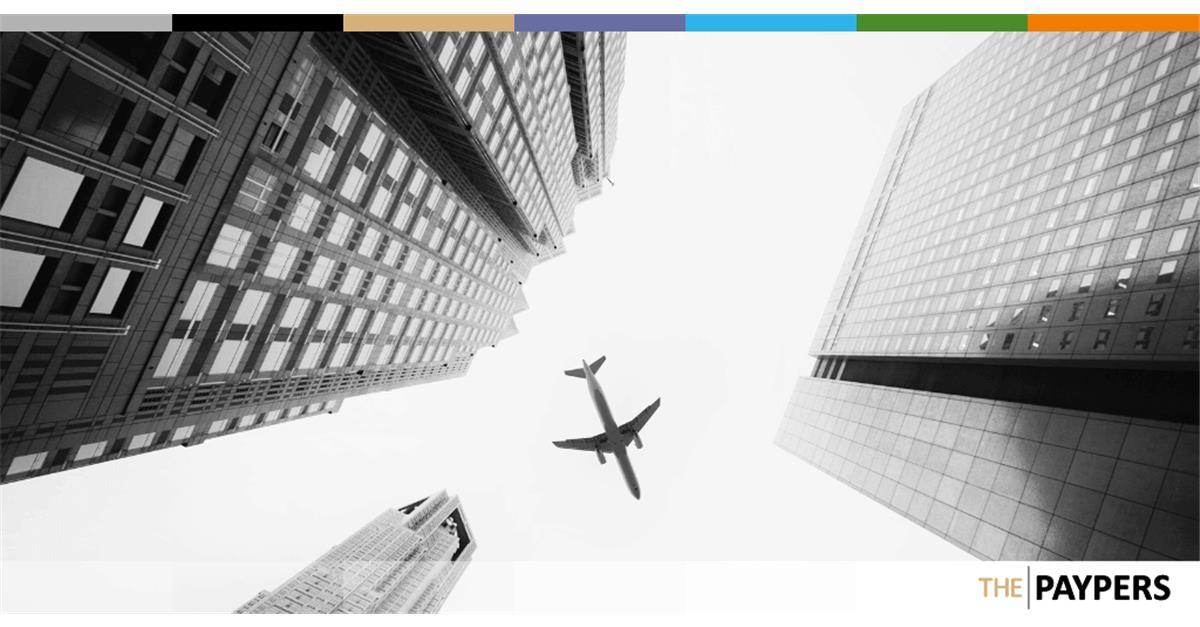
Ethiopia | May 2025 – The Ethiopian Ministry of Tourism has released the official results of its latest hotel star grading reassessment for Addis Ababa, conducted for the year 2017 E.C. (2024/25 G.C.). A total of 40 hotels were evaluated, with ratings spanning from one to five stars based on internationally benchmarked service and infrastructure criteria.
The grading results were announced by Mr. Tariku Demissie, Executive Director of Tourism Service Quality Assurance and Grading. He emphasized that the Ministry holds the legal mandate to classify and monitor the standards of tourist service establishments and ensure compliance through follow-up and enforcement. Of the hotels reviewed, 34 were re-evaluated, while 6 were rated for the first time.
Notably, three hotels were newly elevated to five-star status, joining an existing group of eight five-star establishments. Additionally, two new hotels received four-star rankings. While some hotels were downgraded due to declines in quality, others were promoted after making significant service improvements.
Hotels in Addis Ababa Rated as Five-Star:
- Hyatt Regency Hotel
- Skylight Hotel
- Sheraton Addis Hotel
- Elilly International Hotel
- Capital Hotel
- Radisson Blu Hotel
- Marriott Executive Apartments
- Golden Tulip Hotel
- Hilton Addis Hotel
- Inter Luxury Hotel
- Nexus Inn Hotel
The grading process was conducted in collaboration with tourism experts from regional bureaus and six professional associations to ensure transparency, credibility, and stakeholder participation.
A Diplomatic Hub, But Underserved in Luxury Hospitality
Despite the updates in grading, the current number of five-star hotels in Addis Ababa — just 11 — remains disproportionately low for a city of its geopolitical stature. As the headquarters of the African Union, the United Nations Economic Commission for Africa (UNECA), and numerous embassies and international NGOs, Addis Ababa is considered Africa’s diplomatic capital. The city regularly hosts high-level summits, conferences, and state visits. However, its high-end hospitality infrastructure lags behind other major African cities with less diplomatic volume.
For example:
- Nairobi, Kenya — home to several UN offices and international conferences — boasts over 20 five-star hotels, with continuous investments in luxury hospitality from both global and local developers.
- Johannesburg and Cape Town, South Africa — both key commercial and tourism hubs — each host over 30 five-star hotels, catering to a broad spectrum of diplomatic, business, and leisure travelers.
- Cairo, Egypt — with a long-standing history of tourism — has over 50 five-star accommodations, many of them part of globally recognized chains.
In contrast, Addis Ababa’s limited five-star offerings place pressure on existing facilities, especially during large international events. There are frequent complaints about the lack of room availability, aging infrastructure, and limited variety in luxury experiences. This shortage not only affects the city’s image but also restricts its capacity to benefit economically from diplomatic tourism, conference tourism, and the growing demand from high-income diaspora and business travelers.
The Way Forward
The Ministry of Tourism’s renewed grading initiative is a positive step toward standardization and transparency. However, as Addis Ababa continues to grow as a regional and continental diplomatic hub, there is an urgent need for targeted investment in luxury hospitality. Government incentives, public-private partnerships, and international hotel chains could play a key role in upgrading the city’s offerings to match its political importance.
Without a significant increase in the number and quality of high-end accommodations, Addis Ababa risks falling behind in the highly competitive African hospitality market — despite being the beating heart of continental diplomacy.


